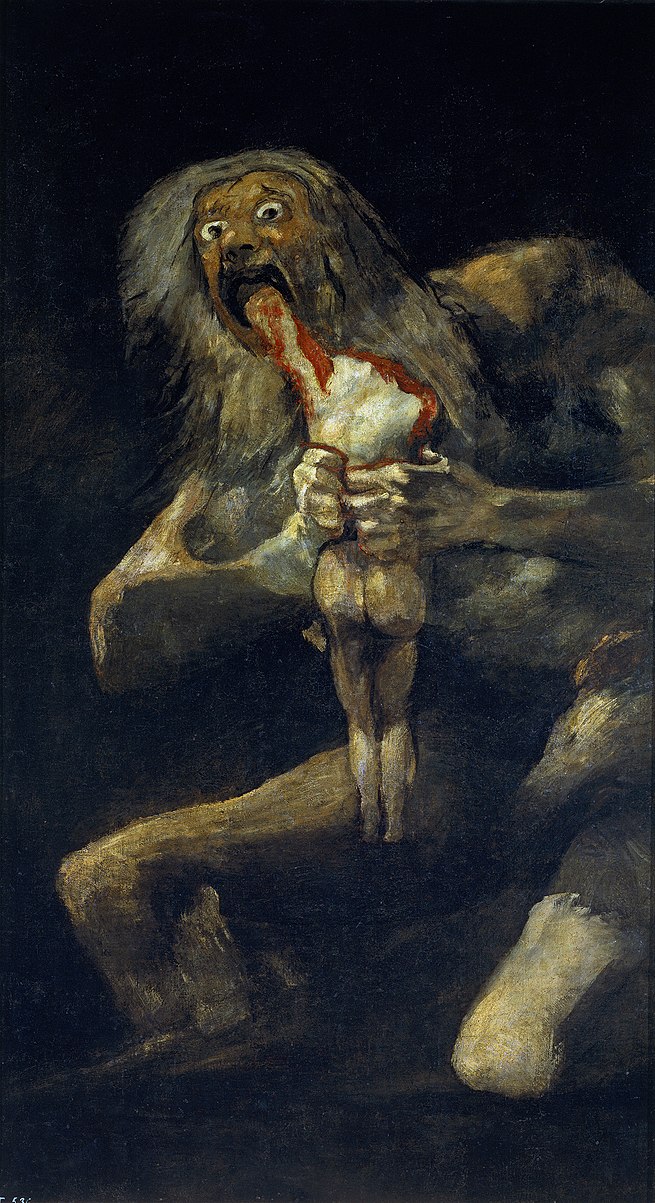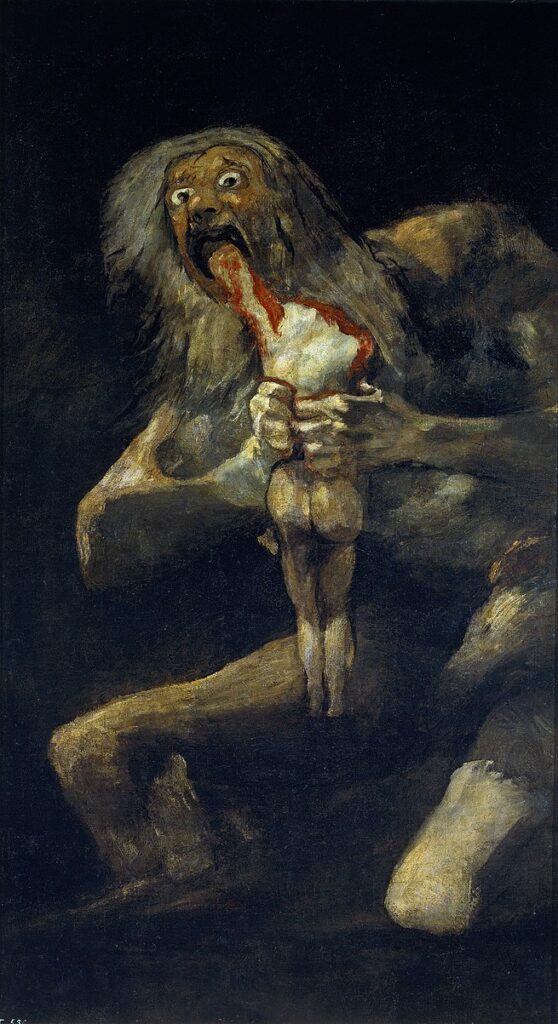
Main Difference
The main difference between Delusion and Hallucination is that the Delusion is a belief held with strong conviction despite superior evidence to the contrary and Hallucination is a perception in the absence of external stimulation that has the qualities of real perception.
-
Delusion
A delusion is firm and fixed belief based on inadequate grounds not amenable to rational argument or evidence to contrary, not in sync with regional, cultural and educational background. As a pathology, it is distinct from a belief based on false or incomplete information, confabulation, dogma, illusion, or some other misleading effects of perception.
They have been found to occur in the context of many pathological states (both general physical and mental) and are of particular diagnostic importance in psychotic disorders including schizophrenia, paraphrenia, manic episodes of bipolar disorder, and psychotic depression.
-
Hallucination
A hallucination is a perception in the absence of external stimulus that has qualities of real perception. Hallucinations are vivid, substantial, and are perceived to be located in external objective space. They are distinguishable from several related phenomena, such as dreaming, which does not involve wakefulness; pseudohallucination, which does not mimic real perception, and is accurately perceived as unreal; illusion, which involves distorted or misinterpreted real perception; and imagery, which does not mimic real perception and is under voluntary control. Hallucinations also differ from “delusional perceptions”, in which a correctly sensed and interpreted stimulus (i.e., a real perception) is given some additional (and typically absurd) significance.
Hallucinations can occur in any sensory modality—visual, auditory, olfactory, gustatory, tactile, proprioceptive, equilibrioceptive, nociceptive, thermoceptive and chronoceptive.
A mild form of hallucination is known as a disturbance, and can occur in most of the senses above. These may be things like seeing movement in peripheral vision, or hearing faint noises and/or voices. Auditory hallucinations are very common in schizophrenia. They may be benevolent (telling the subject good things about themselves) or malicious, cursing the subject, etc. Auditory hallucinations of the malicious type are frequently heard, for example people talking about the subjects behind their back. Like auditory hallucinations, the source of the visual counterpart can also be behind the subject’s back. Their visual counterpart is the feeling of being looked or stared at, usually with malicious intent. Frequently, auditory hallucinations and their visual counterpart are experienced by the subject together.
Hypnagogic hallucinations and hypnopompic hallucinations are considered normal phenomena. Hypnagogic hallucinations can occur as one is falling asleep and hypnopompic hallucinations occur when one is waking up. Hallucinations can be associated with drug use (particularly deliriants), sleep deprivation, psychosis, neurological disorders, and delirium tremens.
The word “hallucination” itself was introduced into the English language by the 17th century physician Sir Thomas Browne in 1646 from the derivation of the Latin word alucinari meaning to wander in the mind. For Browne, hallucination means a sort of vision that is “depraved and receive[s] its objects erroneously”.
-
Delusion (noun)
A false belief that is resistant to confrontation with actual facts.
-
Delusion (noun)
The state of being deluded or misled, or process of deluding somebody.
“It is far better to grasp the universe as it really is than to persist in delusion, however satisfying and reassuring.”
-
Delusion (noun)
That which is falsely or delusively believed or propagated; false belief; error in belief.
-
Hallucination (noun)
A sensory perception of something that does not exist, often arising from disorder of the nervous system, as in delirium tremens; a delusion.
-
Hallucination (noun)
The act of hallucinating; a wandering of the mind; an error, mistake or blunder.
-
Delusion (noun)
an idiosyncratic belief or impression maintained despite being contradicted by reality or rational argument, typically as a symptom of mental disorder
“the delusion of being watched”
-
Delusion (noun)
the action of deluding or the state of being deluded
“what a capacity television has for delusion”

